A Costa Rica Gambling License is a type of authorization that allows companies to provide and perform payment services across the EU. This encompasses a broad array of financial services, including but not limited to money transfers, payment processing, and e-wallet services.
The license is issued by the Bank of Lithuania, the country’s central bank and main financial regulatory body. The institution has gained a reputation for its proactive and innovative approach, providing a conducive environment for fintech companies to thrive.

Lithuania’s commitment to fostering a progressive fintech ecosystem has positioned it as a growing hub within the EU. The country offers a range of advantages for companies seeking to acquire a Payment Institution License:
The Bank of Lithuania provides a transparent and expedited application process, with clear guidelines and a dedicated point of contact for applicants. This efficiency is a significant pull factor for fintech companies looking to quickly enter the European market.
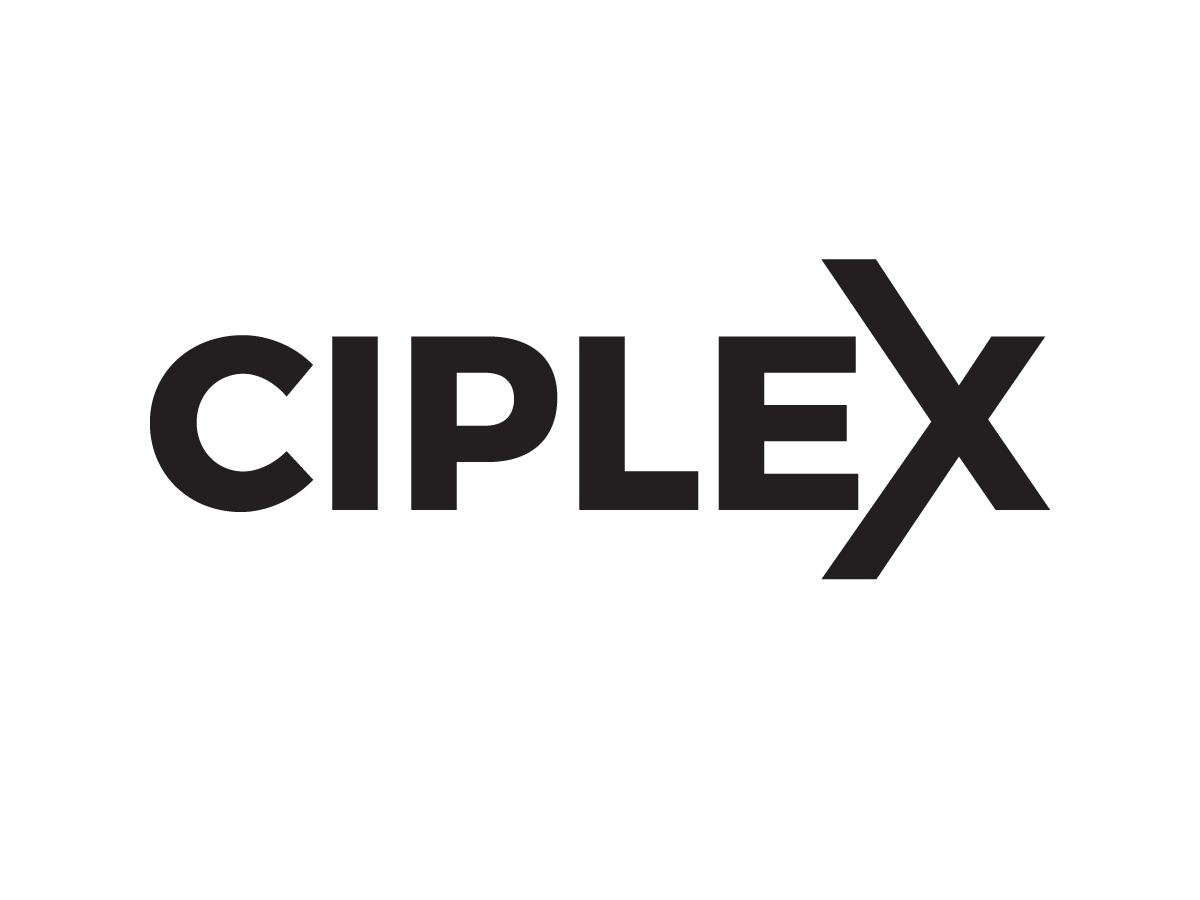


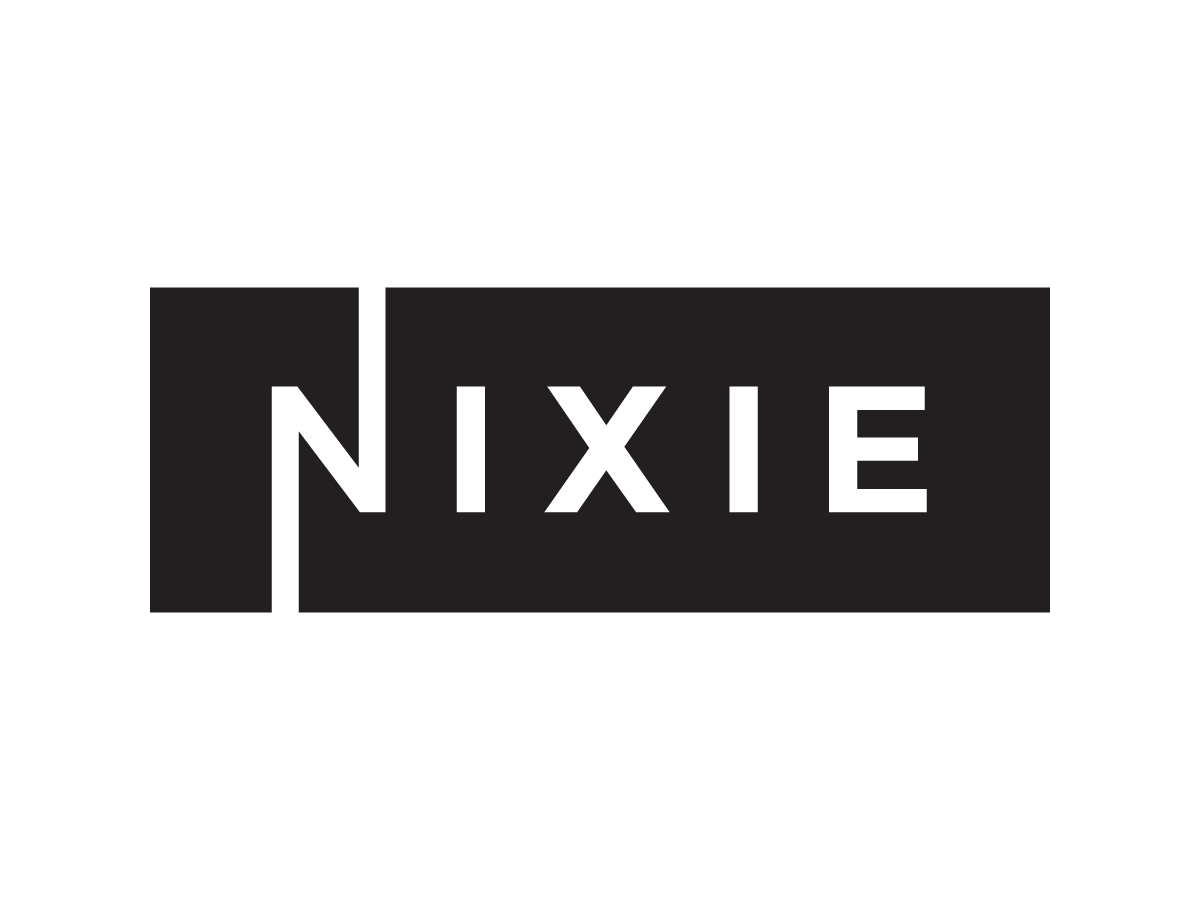
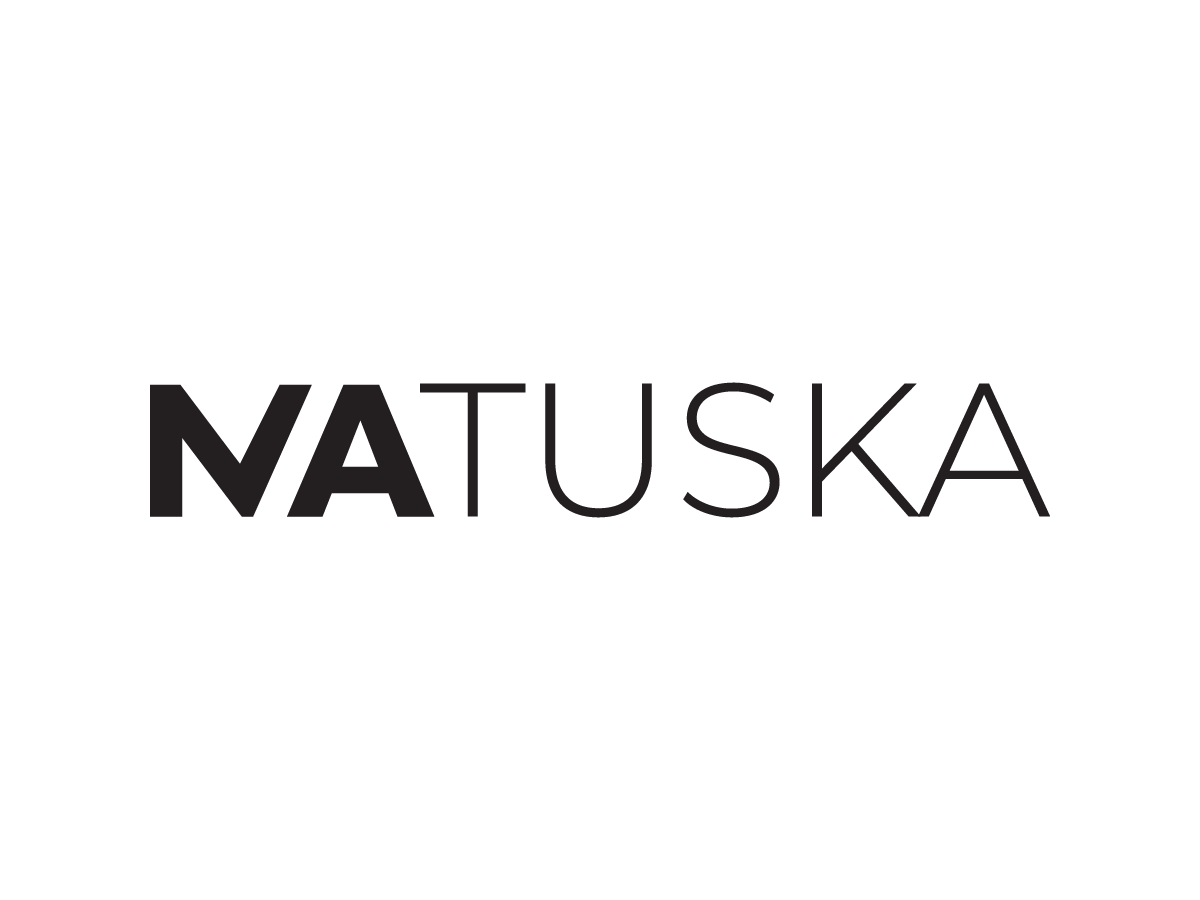
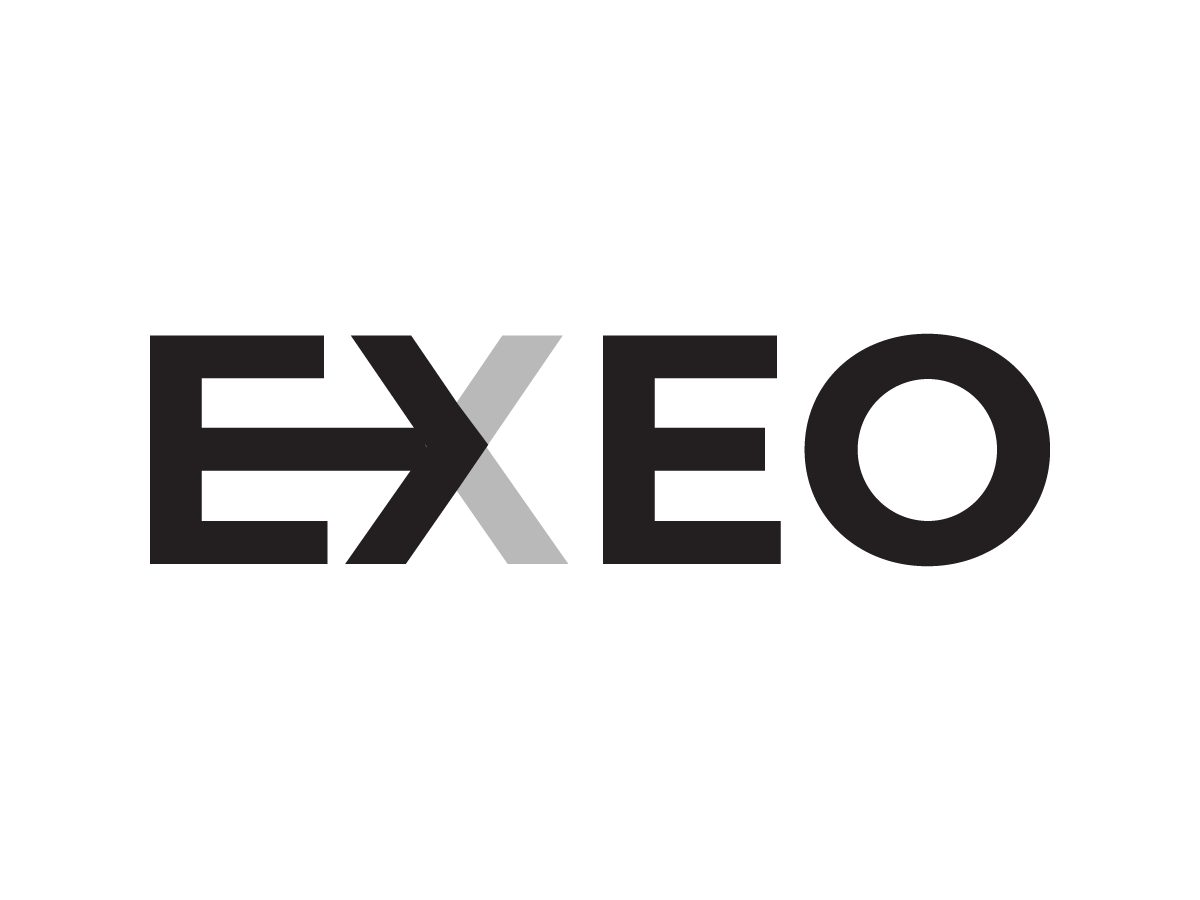
Obtaining a Payment Institution License in Lithuania grants companies access to the SEPA, a European Union initiative that simplifies bank transfers denominated in euro. This is a crucial advantage for fintech firms aiming to provide seamless and cost-effective payment solutions across the EU.
Lithuania boasts a robust digital infrastructure, a well-educated workforce, and a government that is committed to innovation in the financial sector. These factors create a supportive environment for fintech companies to innovate and grow.
The country offers competitive corporate tax rates and a range of funding opportunities for startups and established fintech companies alike. These financial incentives further enhance Lithuania’s attractiveness as a fintech hub.
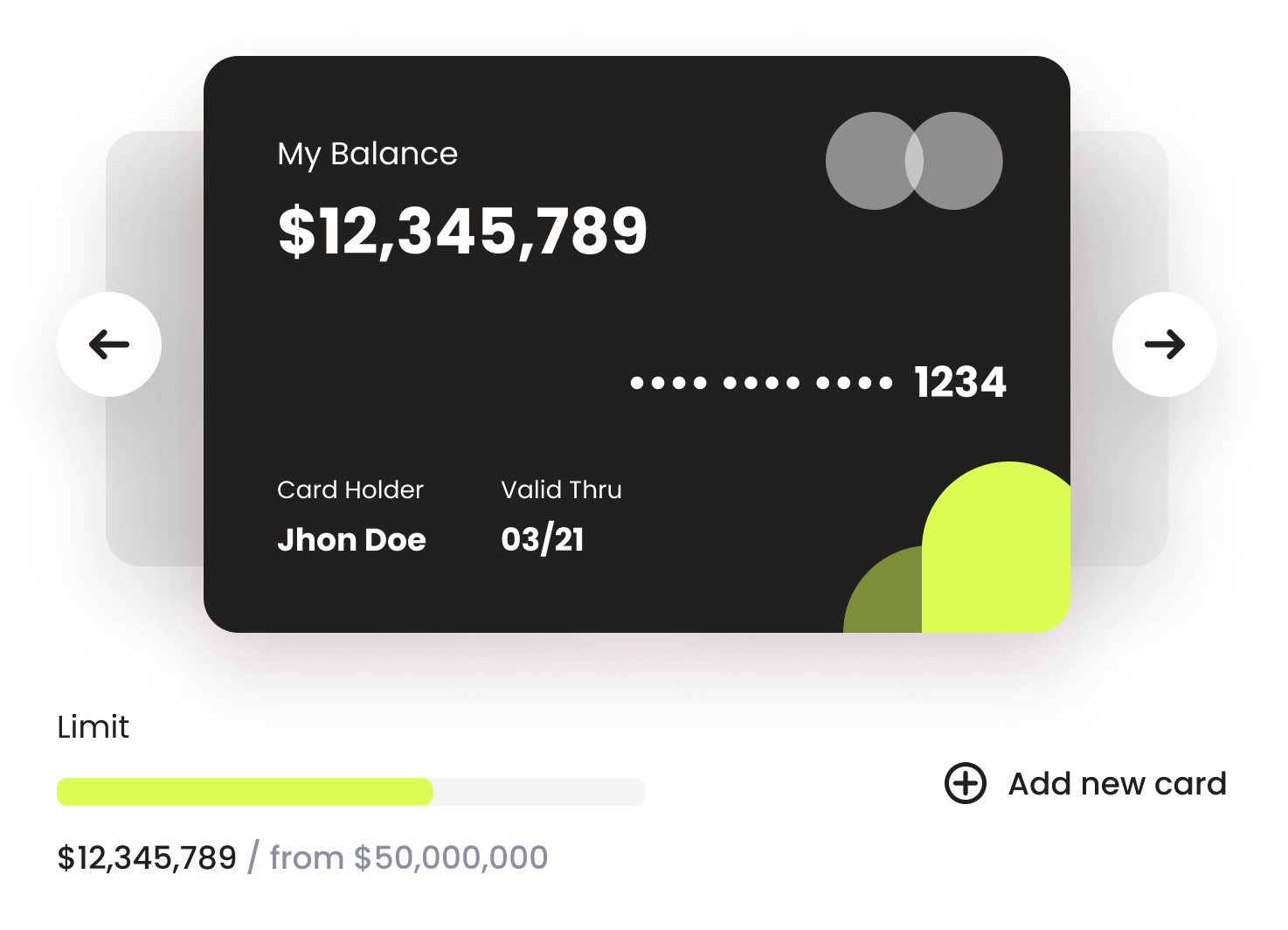
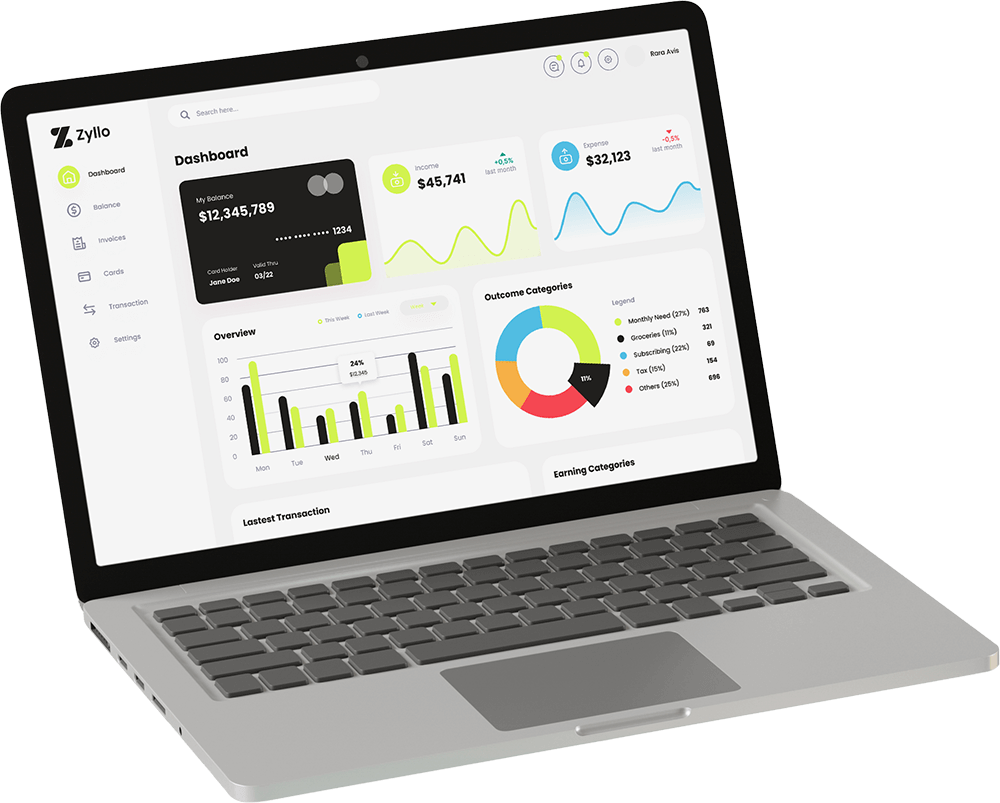
Acquiring a Payment Institution License in Lithuania can offer numerous benefits for businesses, facilitating their growth and expansion within the EU’s burgeoning fintech sector.
The license opens doors to the European market, enabling businesses to operate across all EU member states. It also enhances a company’s credibility, as it demonstrates compliance with stringent EU regulatory standards.
The operational and cost efficiencies gained from Lithuania’s supportive regulatory environment can provide businesses with a competitive edge. Access to the SEPA also streamlines payment processes, further boosting competitiveness.
Lithuania’s vibrant fintech ecosystem encourages innovation and growth, providing businesses with access to the latest technologies and a network of like-minded professionals.
A Payment Institution is defined by the ability to provide and execute payment services as per the regulatory standards set by the governing bodies. These services include but are not limited to conducting credit transfers, issuing payment instruments, executing direct debits, and offering money remittance services.
Payment Institutions can be broadly categorized into the following types:
Standard Payment Institutions are authorized to provide a range of payment services to their clients. They are required to hold a license and adhere to regulatory standards to ensure secure and efficient payment transactions.
EMIs are a subset of Payment Institutions that are authorized to issue electronic money. This refers to a digital or electronic store of monetary value, which can be used for making payment transactions. EMIs are subject to additional regulatory requirements due to the nature of their services.
AISPs are entities that provide account information services, enabling customers to have a consolidated view of their financial information across different banks. They do not initiate payments but provide valuable financial insights and data to users.
PISPs facilitate the initiation of online payments on behalf of the user, connecting the payer, the payee, and their respective banks to streamline the payment process.
Payment Institutions offer a wide array of services to cater to the diverse needs of consumers and businesses. These services include:
In Lithuania, Payment Institutions operate under the regulatory framework established by the Bank of Lithuania. The country has aligned its laws with EU directives to ensure a harmonious financial environment.
The most relevant EU legislation for Payment Institutions is the Payment Services Directive (PSD2), which aims to create a more integrated and efficient European payments market. PSD2 sets forth the regulatory standards for payment services, enhances consumer protection, fosters innovation, and ensures the security of payment transactions.
By adhering to these regulations, Payment Institutions in Lithuania not only ensure compliance but also build trust with their clients, contributing to the overall integrity and stability of the financial system.
Lithuania has positioned itself as a strategic destination for Payment Institutions, offering numerous advantages that facilitate their operations, growth, and expansion. Below are some of the significant benefits of establishing a Payment Institution in this Baltic state.
One of the most compelling advantages is the ability to utilize EU passporting rights. Once a Payment Institution obtains a license in Lithuania, it can freely provide its services across all European Economic Area (EEA) countries without needing to obtain additional licenses in each jurisdiction. This facilitates a seamless expansion and operation across Europe, saving time, resources, and administrative burdens.
Acquiring a Payment Institution License in Lithuania grants immediate access to the Single Euro Payments Area (SEPA), facilitating faster and more cost-efficient euro transactions across Europe.
Lithuania boasts a well-educated workforce, particularly in the areas of finance and technology. The country has also invested significantly in its digital infrastructure, ensuring that businesses operating there have access to the latest technologies and a reliable internet connection.
Setting up and operating a Payment Institution in Lithuania can be more cost-effective than in other EU countries. The country offers competitive corporate tax rates, and the cost of living and operational expenses are generally lower.
Lithuania has cultivated a vibrant fintech ecosystem, encouraging collaboration, innovation, and growth. Payment Institutions benefit from being part of a network of fintech firms, financial institutions, and service providers, creating ample opportunities for partnerships and business development.
The Bank of Lithuania plays a pivotal role in the country’s financial ecosystem, acting as the central bank and main regulatory authority. Its responsibilities extend to the regulation and supervision of financial institutions, including Payment Institutions, ensuring stability, transparency, and innovation within the sector.
The Bank of Lithuania is responsible for ensuring that all financial institutions operating in the country comply with national and EU regulations. This involves overseeing their operational processes, risk management practices, and overall conduct to ensure they adhere to the highest standards of integrity and security.
One of the Bank’s key functions is to issue licenses to Payment Institutions and supervise their activities. It evaluates the suitability of applicants, assessing their business models, governance structures, and risk management practices. Once a license is granted, the Bank continues to monitor the institution’s operations, ensuring ongoing compliance and financial stability.
The protection of consumers is at the forefront of the Bank of Lithuania’s mission. It implements robust regulations to safeguard customers’ funds and personal information, ensuring transparency in the services provided by Payment Institutions and addressing any complaints or issues that may arise.
The Bank of Lithuania is widely recognized for its proactive approach to fintech and innovation. It has created a conducive environment for fintech companies to thrive, providing clear guidance, a streamlined application process, and responsive support to applicants and licensed entities.
The Bank offers a regulatory sandbox, allowing fintech startups and established companies to test their innovative products and services in a controlled setting. This initiative not only encourages innovation but also enables the Bank to stay abreast of emerging technologies and trends, ensuring that the regulatory framework remains relevant and supportive.
The Bank of Lithuania actively engages in dialogue and collaboration with the fintech community. It hosts events, workshops, and roundtable discussions to gather insights, share knowledge, and foster a sense of community among stakeholders. This open and collaborative approach has contributed to the country’s reputation as a fintech-friendly destination.
Obtaining a Payment Institution License in Lithuania involves a comprehensive and systematic application process. The Bank of Lithuania oversees this procedure, ensuring that all applicants meet the necessary criteria and adhere to regulatory standards. Below is an overview of the main steps involved in the application process.
Before initiating the application, it is crucial for the applicant to thoroughly understand the regulatory requirements and expectations set forth by the Bank of Lithuania. This involves familiarizing oneself with applicable laws, guidelines, and compliance obligations.
Applicants need to prepare a detailed business plan outlining their intended operations, target market, organizational structure, and risk management strategies. Alongside this, various supporting documents need to be compiled, including financial projections, policies, and procedures.
It is advisable to engage with the Bank of Lithuania early in the process. This can involve initial consultations to discuss the business model, clarify regulatory expectations, and receive guidance on the application process.
The applicant must complete the official application form, ensuring that all required information is provided accurately and comprehensively.
Alongside the application form, the applicant needs to submit the prepared supporting documents, including the business plan, financial projections, and various policies and procedures.
Upon receipt of the application, the Bank of Lithuania will conduct a thorough review of the submitted materials. This involves assessing the viability of the business model, the adequacy of risk management practices, and the integrity and competence of the management team.
During the assessment, the Bank may request additional information or clarifications to ensure a comprehensive evaluation of the application.
If the application is successful and all regulatory requirements are met, the Bank of Lithuania will issue the Payment Institution License. This authorizes the applicant to commence operations and provide payment services as outlined in their business plan.
In cases where the application is unsuccessful, the Bank will provide feedback and highlight areas that need improvement. There may also be conditions attached to the license, specifying certain requirements that must be met before or during operations.
Once the license is granted, the Payment Institution is required to maintain ongoing compliance with regulatory standards and submit regular reports to the Bank of Lithuania. This ensures that the institution continues to operate safely, securely, and in the best interest of its customers.
The application process for a Payment Institution License in Lithuania is rigorous and requires thorough preparation and engagement with the regulatory authority. The Bank of Lithuania plays a critical role in guiding applicants through this process, ensuring that only entities that meet the highest standards of integrity, competence, and risk management are authorized to operate. This robust process not only protects consumers but also contributes to the integrity and stability of the financial ecosystem in Lithuania and across the European Union.
After successfully acquiring a Payment Institution License in Lithuania, businesses are required to adhere to a range of ongoing obligations and maintain certain standards to ensure continued compliance and operational integrity. The Bank of Lithuania oversees these entities to ensure they uphold these responsibilities.
The post-licensing period is crucial for Payment Institutions, as it requires diligent attention to regulatory compliance, operational integrity, and customer protection.
By fulfilling these ongoing obligations and maintaining high standards of practice, Payment Institutions contribute to the stability and credibility of the financial ecosystem in Lithuania and uphold the trust placed in them by their customers and stakeholders. The Bank of Lithuania remains a key partner and overseer in this process, providing guidance and ensuring accountability across the sector.
Copyright © 2023